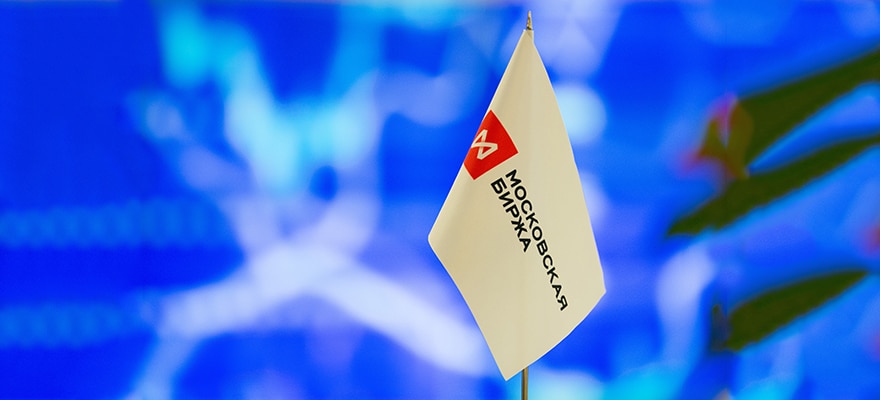The Moscow Exchange (MOEX), the largest exchange operator in Russia, announced today that it has signed a Memorandum of Understanding (MoU) with one of China’s largest investment banks, China International Capital Corporation (CICC).
The purpose of the MoU, which was signed this Thursday, is to strengthen the cooperation between Russia and China, specifically when promoting investment and the development of the offshore Chinese yuan market in Russia.
Under the agreement, MOEX and CICC will collaborate to determine the best way to develop the market for CNY-denominated instruments on the exchange. Together, they will also explore the introduction of cross-listing ETFs and other financial instruments on MOEX and trading venues.
According to the statement released today, the MoU was signed by the Managing Director of the Money and Derivatives Markets at MOEX, Igor Marich, and Yicheng Xu, who is a member of the Board of CICC.
This MoU with CICC follows on the heels the exchange operator announcing that it has begun collaborating with Integral Development Corp., a technology provider for the foreign exchange (Forex ) market, as Finance Magnates reported earlier this week.
By joining forces with Integral, MOEX will be able to deliver access to global forex Liquidity to its customers. On the other hand, Integral will also be able to offer its own customers liquidity from the exchange.
MOEX sees half a million IIIAs opened
The MoU also comes only days after the exchange operator revealed that more than half a million Individual Investment Accounts (IIA) had been opened with the exchange. As of November 20, 2018, there were 502,000 IIA accounts on the MOEX. This is up by 40 percent from 302,000 from the end of 2017 and 61 percent more than year-end 2016 which had 195,200 accounts.
Among holders of IIAs on the MOEX, equities are the most popular securities investment vehicle. As of October 31, 2018, the share of stocks in the IIA portfolios was 50 percent. Making up 27.4 percent was government bonds, with corporate bonds accounting for 19.4 percent. ETFs contributed only a small amount to the portfolios at 3.2 percent.


















